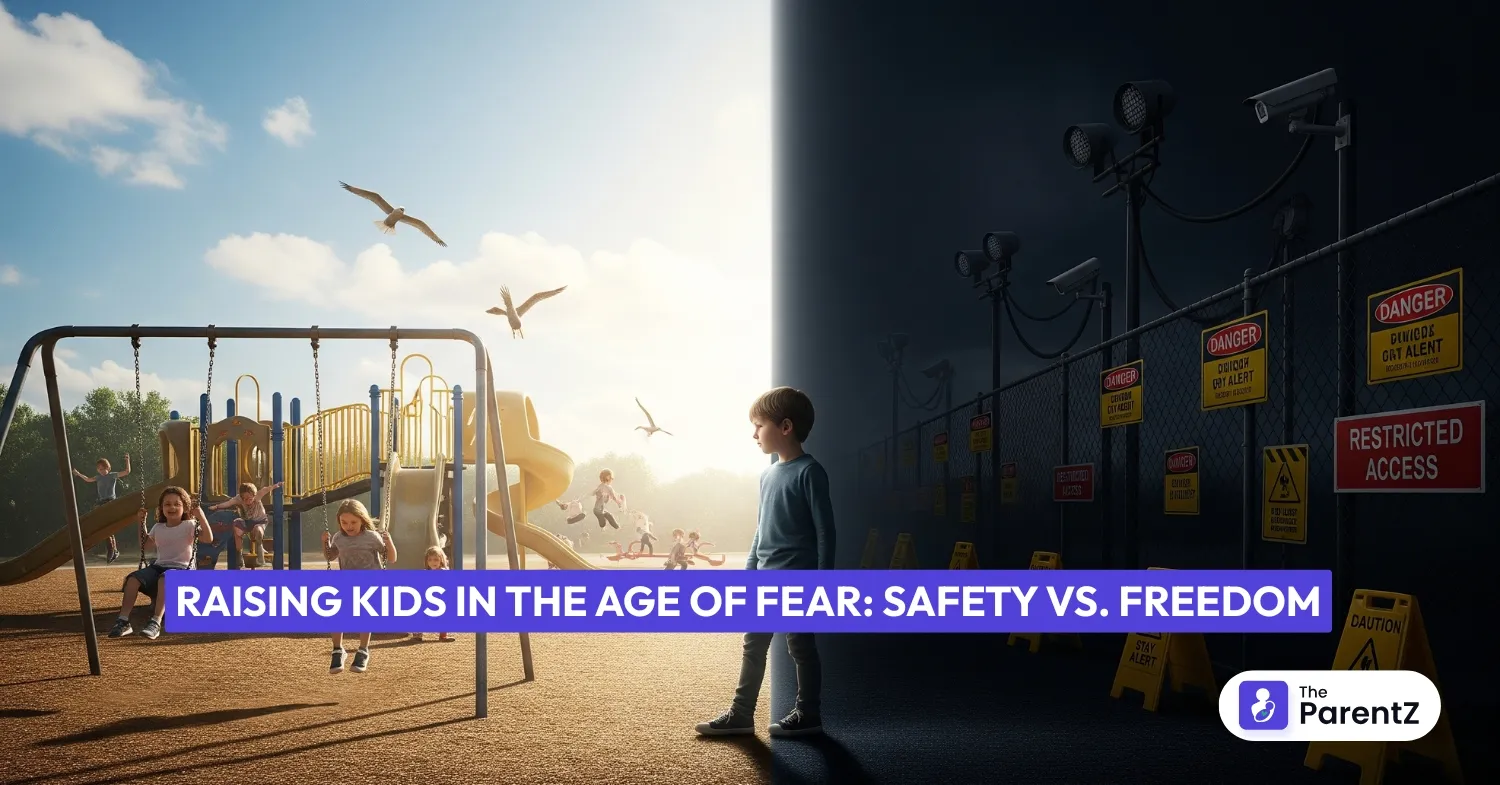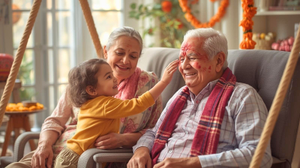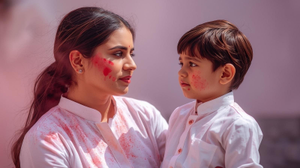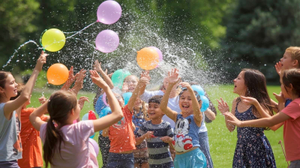You wake up, check the news, and there's another shooting. Another protest turned violent. Another economic crisis. Another study about how smartphones are ruining our kids' brains. Another predator caught online. Another teenager overdosed.
And then you look at your child (maybe they're eating cereal, completely oblivious to the chaos outside) and your stomach knots up. How do you protect them from a world that feels like it's falling apart? How do you give them the freedom to grow while keeping them safe from dangers that seem to multiply daily?
Why Parents Feel Powerless Today
Parents before us also had worries. But today’s intensity feels different. It’s not just the bad things happening, it’s how close they feel. With smartphones, every headline, every violent video, every harmful “trend” is sitting in your kid’s pocket.
You can’t unsee it. You can’t un‑know it. So you feel powerless. Do you ban the phone? Do you set strict rules? Would that keep them safe? Or would it just push them to sneak around and cut you out of their world entirely? The helplessness is real.
And here’s what makes it worse: you’re parenting in the dark. You don’t know which decision will protect them and which will push them away. You don’t know if too much safety will break the bond, or too much freedom will break your child. That’s where fear lives, in the not knowing.
Where Is the Balance?
You can’t hide them from the world. But giving them full, unfiltered freedom isn’t the answer either. Kids aren’t built to handle the whole weight of the world yet, as they’re still learning. That means the middle path is the only real option:
Safety as a foundation. Freedom as a practice.
Think of it like this: your job isn’t to build walls around them, but to build roots in them. To strengthen their judgment, their values, their understanding—so that when the world tries to pull them, they at least have something steady inside to hang onto.
Facing Specific Challenges
Let’s break it down, because the fears are real and need real responses:
1. Smartphones and Online Content
Yes, porn, drugs, “easy money” promises like OnlyFans, violence, it’s all there. Pretending it isn’t doesn’t help. What does help is honesty.
- Talk, don’t preach. Ask them what they see online. Ask what their friends are into. Let conversations happen without instant judgment.
- Install boundaries but explain why. If you block sites or limit time, tell them it’s not punishment, it’s protection.
- Share your struggles with tech too. Kids respect honesty more than finger‑wagging.
2. Violence, Wars, and Instability
Kids hear about these things even if you don’t talk to them. Silence creates fear.
- Tell the truth, but scale it to their age. Don’t sugarcoat, but don’t flood them either.
- Emphasize what can be done. “Yes, wars happen. But here’s how people are working for peace.” That’s how fear turns into awareness instead of panic.
3. Social Division and Debates
This is everywhere in schools, on social media, and in their peer groups.
- Be clear about your values, but teach them respect for others, even those they don’t agree with.
- Remember: you want them to talk to you when they’re confused, not strangers on the internet. That only happens if they know your love is bigger than your opinion.
4. Crime and Personal Safety
It’s heartbreaking, but kids today do need to know how to protect themselves.
- Teach them simple rules: awareness of surroundings, saying “no,” and trusting instincts.
- Role‑play scenarios but not to scare them, but to practice. Confidence grows when they know what to do.
Safety Without Cage, Freedom Without Chaos
The trap many parents fall into is swinging too far one way. Total control feels safe, but it breeds secrecy. Total freedom feels trusting, but it risks harm. The balance is this: give freedom inch by inch, as they show they can handle it.
Trust grows with responsibility. Example:
- Want a phone? Okay, but your phone stays out of your room at night until you show you can manage it.
- Want to go out late? Okay, but you text updates so I know you’re safe.
This isn’t about control. It’s about connection. Safety + trust = freedom earned, not handed blindly.
The Good That Still Exists
Here’s something we forget in our fear: the world isn’t all bad. For all the violence, there are countless acts of kindness. For all the toxic content online, there are inspiring communities teaching empathy and change. For all the instability, there are chances for kids to learn resilience.
In fact, some say kids today are more aware, more compassionate, and more vocal about justice than any generation before. And that’s not despite the world’s mess, it’s because of it. When guided with love, kids don’t just survive this world; they grow into the very people who help fix it.
Conclusion
Parenting in today’s age of fear is exhausting because you feel like you’re constantly choosing between protection and freedom, and no decision ever feels perfect. But here’s the truth: parenting isn’t about perfection; it’s about presence.
You may not save your child from every dangerous thing out there. But if they know you’re their safe space, if they know you’ll always listen and guide without shutting them down, you’ve already given them more protection than any locked door or blocked app can provide.





Be the first one to comment on this story.